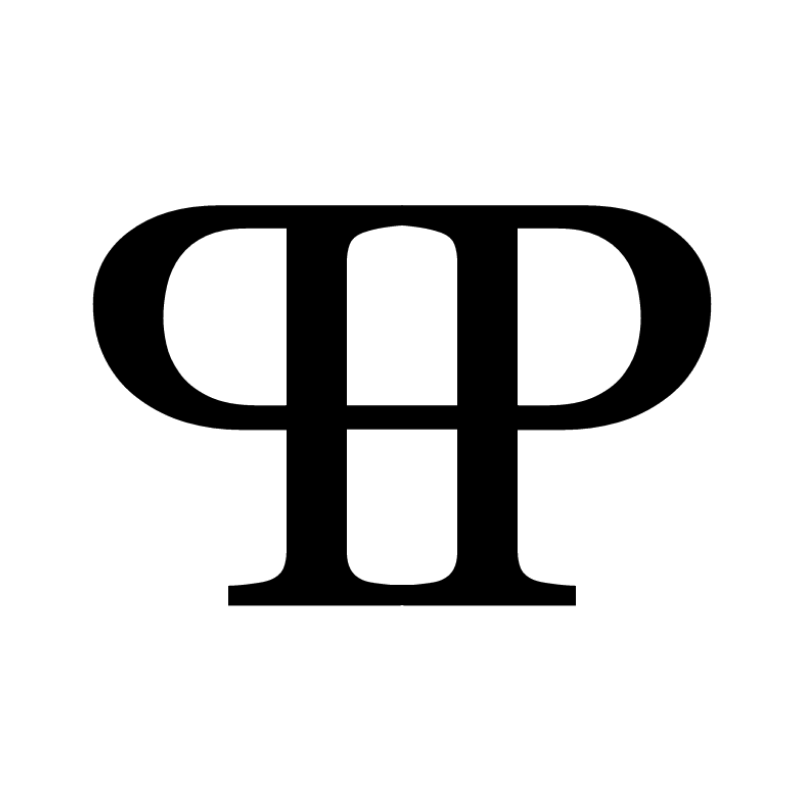“It’s not what you know, it’s who you know.” How many times have we heard this popular phrase recited? A general thought behind it is that if you know everything but know no one, then nobody knows how much you know. Although true, it doesn’t show the whole picture. That’s because the inverse to that is if you know everyone and know nothing, then everyone knows you know nothing. That’s not helpful at all. It might even be less helpful than the former scenario.
Here are some thoughts about succeeding with knowledge. They aren’t as simple as the mantra touting the importance of who you know, but distilling to black and white is rarely correct. Ultimately, it comes down to what we know, who we know, and how well we can communicate with others.
Let’s break down all three parts.
What We Know
First, what we know matters. We have to know something about a particular thing in order to be productive in society. What we know includes the culmination of formal schooling, individual education, and experiences. Knowledge exists in various forms; diversity and duration are important. The less we know, the more we should wish that few people are aware of the degree of our ignorance. The less we know, the less we can provide for others in areas like feedback, coaching/consultation, and education.
What we know also impacts us personally. The more area our circle of competence covers, the more knowledge we have to pull from to make decisions, connect with others, or learn something new. We are afforded views of the many normally invisible ties interconnecting people, events, and ideas. It’s like seeing in a higher definition. As we grow what we know, our lives become richer.
Who We Know
Second, who we know is important. As stated before, if no one knows what we know, then how do we get hired, win projects, or get taken seriously in any related endeavor? Humans are social creatures. As such, the strength of our network has a direct impact on the opportunities we’re afforded.
Consider a scenario where you are applying for a job. It’s a competitive market and you’re up against many qualified applicants. If all the applicants’ resumes are roughly the same, but the company hiring managers know one of the applicants (and presumably likes them), then that will likely be the differentiator. That applicant will get the job. Waiting to develop these relationships until the time we need them is unfruitful. At that point, it is too late. Investing time in growing and maintaining our network—even when we don’t have an immediate need to do so—pays dividends, oftentimes when we least expect it.
How We Communicate
Third, how we communicate what we know and the ideas we have is paramount. Effective communication is the conduit through which our network grows. As such, it is one of the most important skills necessary for personal and professional success in life. Humans have evolved to understand stories, so it only makes sense that how we communicate with others should include simple, compelling narratives.
When you want to change someone’s mood, tell a story.
Thank You for Arguing, by Jay Heinrichs
Stories activate the emotions of the audience, and emotion is vitally important to captivate interest in the audience. They also create a sense of connection and trust. Stories stick; that’s why we say the best story wins.
Your success in life will be determined largely by your ability to speak, your ability to write, and the quality of your ideas, in that order.
Patrick Henry Winston, former MIT professor
Conclusion
In the end, we set ourselves up best for success by growing our knowledge base, our network, and improving our ability to communicate. It’s a multifaceted approach. Each part of the puzzle is important; only focusing on one provides fractional benefit at best. Therefore, we must strive to find the right balance for our own lives as we pursue these three ingredients of success.

